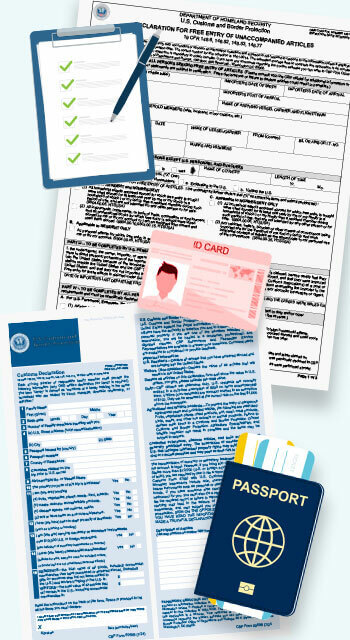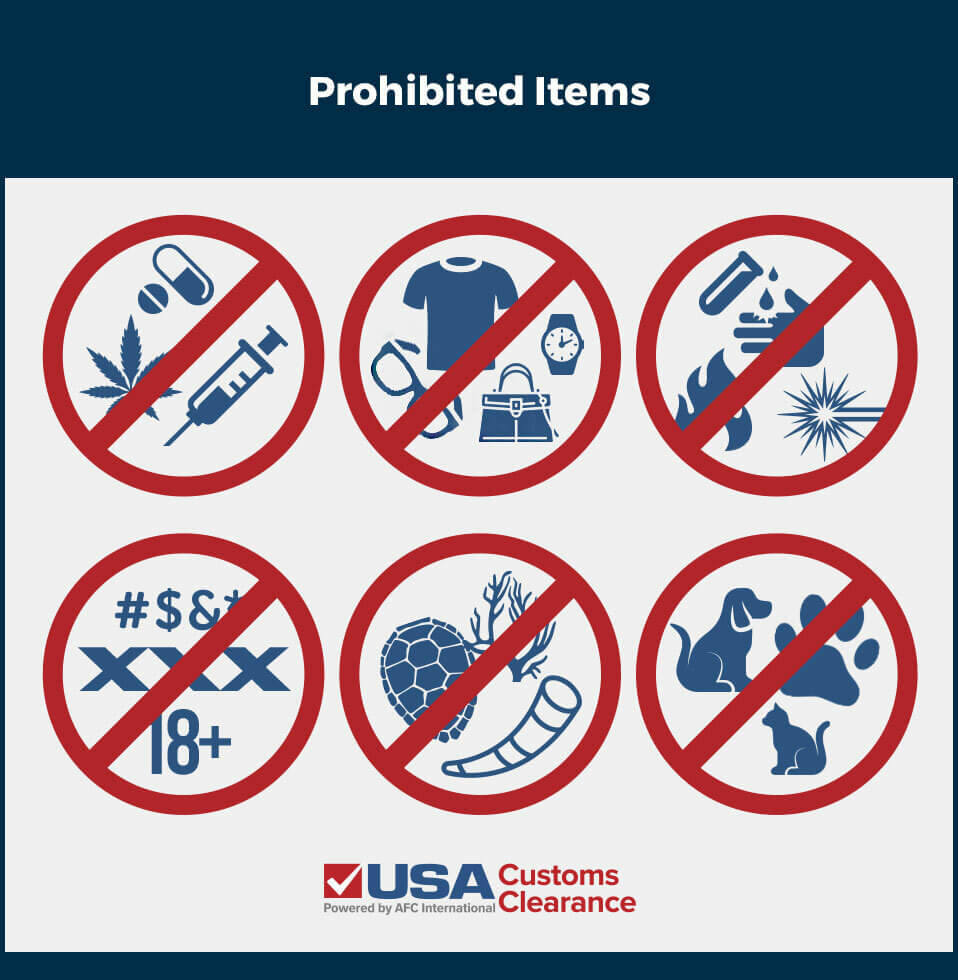
Whether you’re moving to the U.S. or sending personal belongings, understanding how to smoothly import personal items is essential.
Importing personal items differs from commercial importing, and U.S. Customs and Border Protection (CBP) has specific guidelines and documentation requirements for individuals bringing personal effects into the country. Here's a guide to give you a better understanding of the basics and help you get started.
As you might expect when importing anything across international borders, there are a variety of documents that are essential for clearing U.S. customs.
Here’s a breakdown of some of the key ones:

In most cases, a customs bond is not required for importing personal items if the shipment is classified as non-commercial and intended for personal use. However, a customs bond might be necessary if:
If a bond is required, you can secure a single entry bond for one-time shipments or a continuous bond if you plan to import items frequently.

Understanding the difference between household effects and personal effects is important, as CBP distinguishes between the two when importing personal items.
You may be asked to prove to a CBP official that the item you’re trying to import is for personal use and has been owned for at least a year, but that’s unlikely unless your items have price tags or you plan on importing a suspiciously high number of the same product.
Here is what you'll get:
...and much more

The U.S. imposes strict regulations on certain items, even if they’re for personal use. Bringing restricted items into the country requires careful consideration, as non-compliance can result in fines, penalties, and confiscation. Here are key categories of restricted items and the specific regulations you should know about:
It’s essential to verify import eligibility with CBP and relevant agencies before shipping restricted items. Bringing in these goods without the correct paperwork can result in fines, penalties, and even confiscation.
While some items are restricted and may require permits or additional documentation to import, others are entirely prohibited and cannot be brought into the U.S. under any circumstances. Importing these items can result in confiscation, fines, or even legal action. Prohibited items include:

It’s crucial to verify the eligibility of items before importing to avoid penalties. If you’re unsure whether your goods fall under the prohibited category, consult U.S. Customs and Border Protection or a licensed customs broker.
Understanding the U.S. customs process for personal items can help you avoid potential pitfalls and ensure your belongings arrive safely and on time. For a more comprehensive look at customs regulations, including in-depth details on specific restricted items and advice on meeting documentation requirements, check out our exclusive eBook, The Ultimate Guide to Importing Personal Items to the U.S.
Our eBook provides essential insights into navigating U.S. customs, preparing documentation, and ensuring a smooth entry process for your personal belongings. Download today to get expert guidance tailored to new importers, so you can start your journey with confidence!
Here is what you'll get:
...and much more
